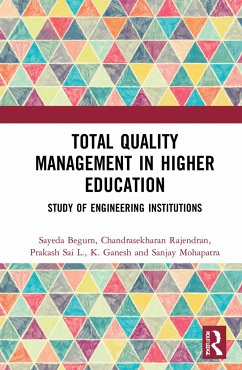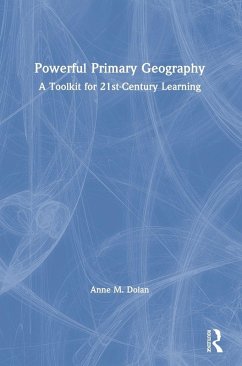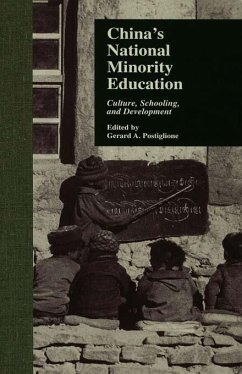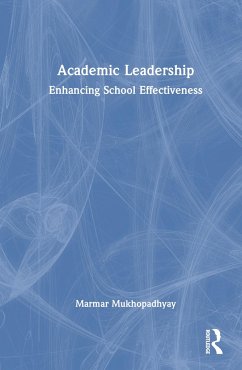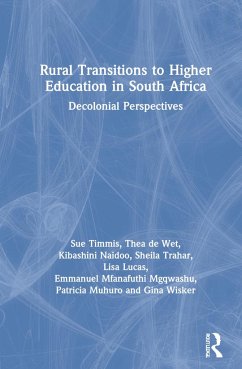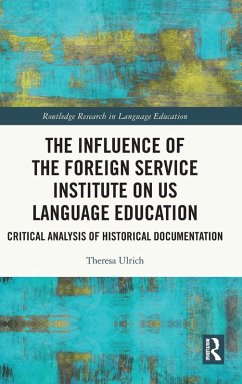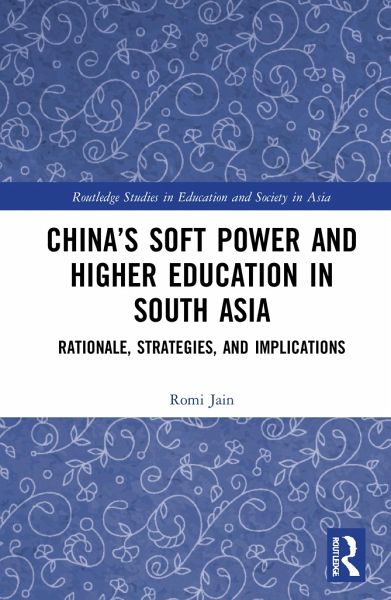
China's Soft Power and Higher Education in South Asia
Rationale, Strategies, and Implications
Versandkostenfrei!
Versandfertig in 1-2 Wochen
167,99 €
inkl. MwSt.
Weitere Ausgaben:

PAYBACK Punkte
84 °P sammeln!
This empirical work illuminates how China uses the higher education mechanism in South Asia to advance its national interests and investigates the outcomes for China, including both challenges and opportunities. Using a soft power theoretical framework, this book employs the case study of Nepal, a South Asian country of profound geostrategic value for the two competing powers of China and India. Illustrating how higher education is the mechanism for achieving soft power goals, it draws on data analysis based on archival sources and interviews with China and South Asia experts, including academ...
This empirical work illuminates how China uses the higher education mechanism in South Asia to advance its national interests and investigates the outcomes for China, including both challenges and opportunities. Using a soft power theoretical framework, this book employs the case study of Nepal, a South Asian country of profound geostrategic value for the two competing powers of China and India. Illustrating how higher education is the mechanism for achieving soft power goals, it draws on data analysis based on archival sources and interviews with China and South Asia experts, including academics and politico-bureaucratic elites, as well as interviews with Nepalese students and alumni. Importantly though, this book advances an innovative conceptual model of geointellect to trace the evolving dimensions of China's global dominance in higher education, research, and innovation paradigm, especially in the context of the Belt and Road Initiative and ultimately reveals how foreign policy and higher education policy reinforce each other in the context of China. China's Soft Power and Higher Education in South Asia provides an empirically rich resource for students and scholars of education, international relations, Asian studies, and China's soft power.




